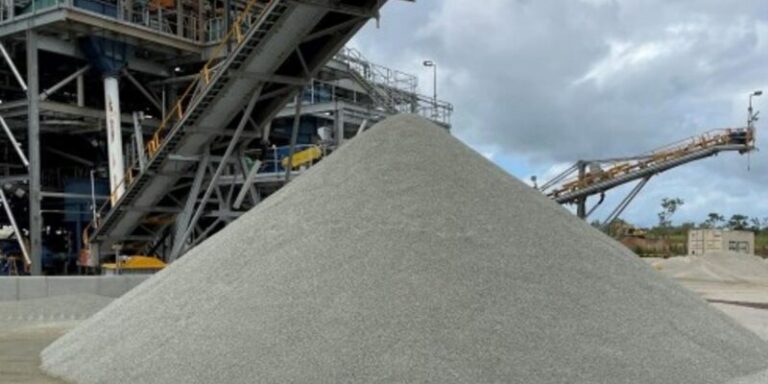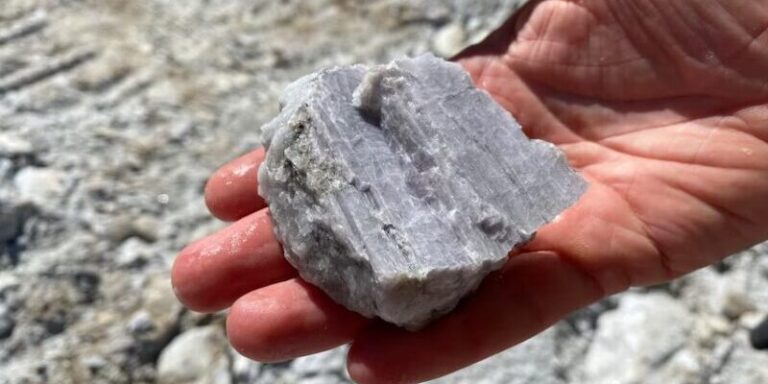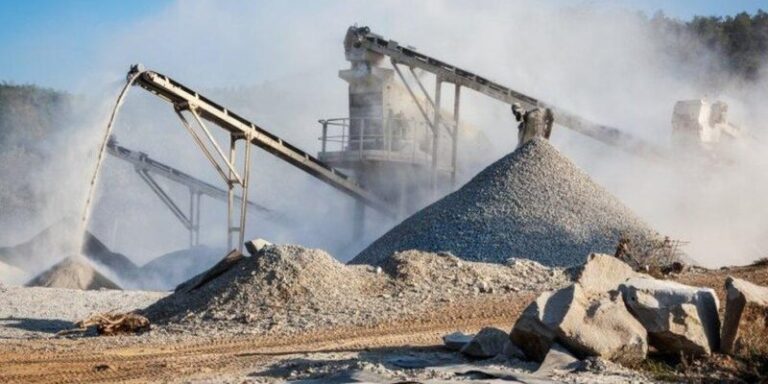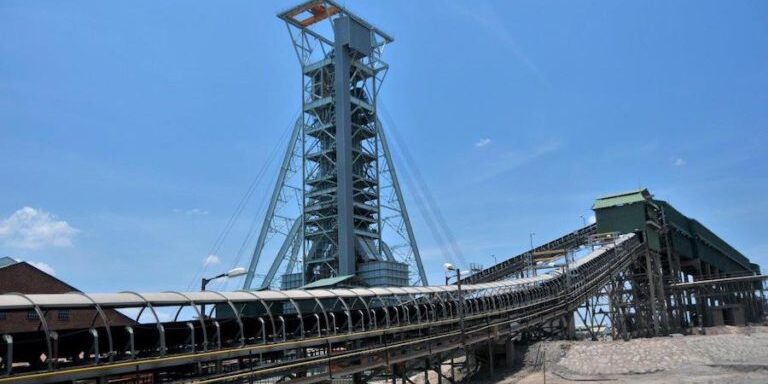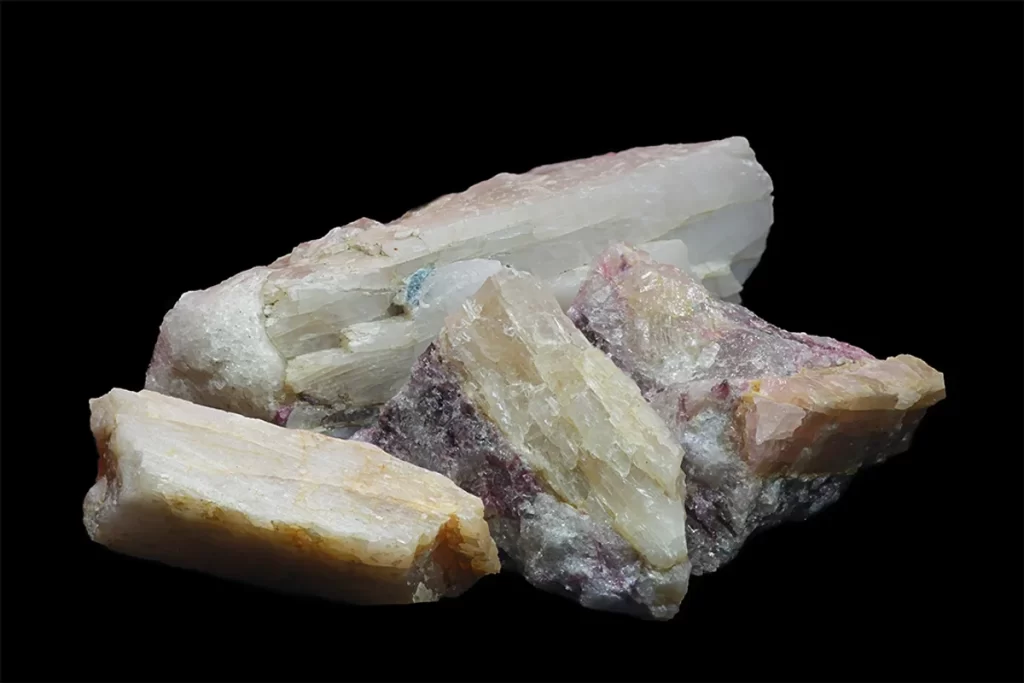
Arcadium lithium leads Argentina’s lithium market. It formed from Livent and Allkem merging.
Now, it slows its expansion due to low market prices. This affects projects in northern Argentina.
Paul Graves, CEO, plans to cut spodumene production. This mineral comes from the Mt. Cattlin mine in Australia.
The goal is to focus on Argentina and Quebec projects. Even so, the company’s Catamarca and Jujuy ventures will see investment and efficiency adjustments.
Graves shared with investors that 2024 will see $225 to $325 million in growth capital for Argentina.
This is less than needed for the Fénix project’s Phase 1B expansion. It aimed to start in late 2024, producing lithium carbonate. It could delay expansion by six to nine months.
Arcadium lithium has a strong presence in Argentina. It owns two of the three lithium projects there.
The Fénix and Olaroz projects are expanding. It also owns the Sal de Vida and Cauchari projects. Both are near the first two and at different construction stages.
In the last quarter of 2023, revenues fell to $181.8 million from $219.4 million. For 2024, the firm expects a 40% production increase.
It forecasts revenues of $1.25 billion, with lithium at $15 per kilogram. If lithium hits $25 per kilogram, revenues could reach $1.9 billion.
Navigating Economic Challenges
Graves noted the economic challenge of expanding at current prices. He believes prices will hit a bottom.
This could lead to a future supply shortage. As of 2022, this may cause lithium prices to rise quickly.
However, predicting the timing and scale of this rise is hard due to global supply chain complexities.
Spot prices for lithium peaked at $80,000 per ton in late 2022. They dropped to $20,000 per ton by December.
The company expects to spend $450 to $625 million on growth in 2024. Maintenance will cost an additional $100 to $125 million.
It aims to save $60 to $80 million through merger synergies. This shows its strategy to optimize resources in challenging times.


